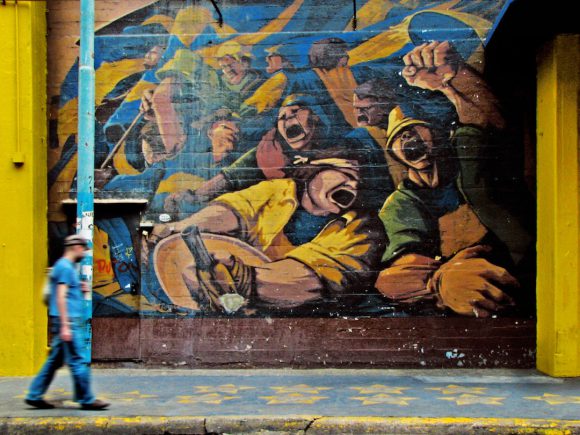
Last week's research links document gateway drugs for political mobilization, and suggests that countries democratize most when tyrants get sloppy. Plus lots and lots of case studies on social accountability and european poetry as linked data.

…it is critical that we look beyond the conventional focus on elections, campaign finance reform, and voting rights. There is no question that these are critical areas of concern, and necessary preconditions for meaningful democracy reform. But these areas are also well-studied and understood by many of us in the field. In this report, we hope to highlight some of the other dimensions that...
Findings From the duh desk: A white paper from Cornell Law reviews e-government and rulemaking processes in the US, to find that an institutional “culture of risk adverseness” is much more obstructive to e-participation than is a lack of technological solutions. What difference does it make?: An article in Telecommunications Policy documents how mobiles have dramatically reshaped the...
Papers & Findings What makes multi stakeholder initiatives for transparency effective? In the case of EITI, it seems to be treating civil society as equal partners and ensuring that they bring relevant technical skills to the table. This according to doctoral research that also outlines common “pathways to proactive transparency reform.” Would be great to see research testing...
Papers and Findings Autocracy Online: Freedom on the Net 2016 was released, and shows continued declines in internet freedom around the world, with an increase of app censorship. Meanwhile, a paper in Telecommunications Policy argues that autocracies have “caught up” with democracies in terms of internet penetration since 2013, and an article in press argues that moving from electoral...